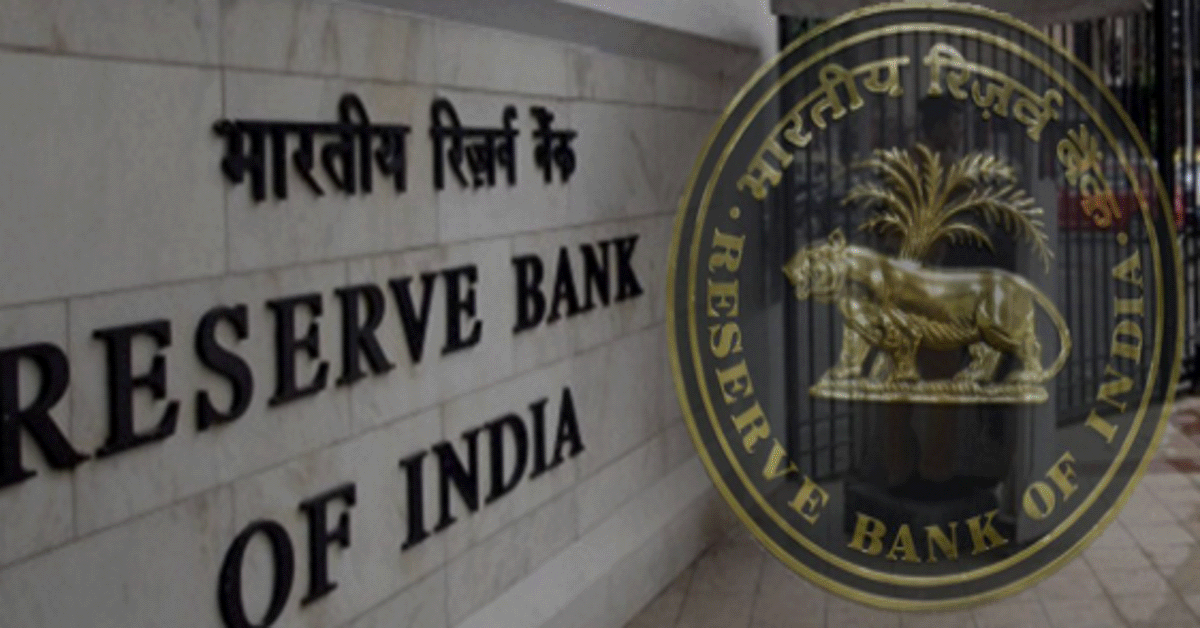In a recent decision, the Reserve Bank of India (RBI) has chosen to limit foreign investment in certain long-term government bonds. This new rule, developed with the government’s input, will restrict foreign portfolio investors (FPIs) from purchasing Indian government bonds with 14-year and 30-year durations under the fully accessible route (FAR).
Under this change, foreign investors can still invest in shorter-term bonds, such as those with 5-year, 7-year, and 10-year maturities. However, they will no longer have access to the longer-term bonds. The RBI’s goal is to direct foreign investment towards these shorter-term bonds to improve their liquidity and trading.
The RBI’s move is part of a broader strategy to manage foreign investments in India’s government debt market. By limiting investment in long-term bonds, the RBI aims to encourage more focus on shorter-term bonds. This is expected to enhance the trading and liquidity of these bonds, making it easier for investors to buy and sell them.
Foreign investors, who have been crucial in funding India’s budget and infrastructure projects, have expressed concerns about these new restrictions. They view this policy shift as potentially impacting their investment strategies and returns. The removal of long-term bond access might lead some investors to reconsider their plans in India.
Foreign investors play a significant role in financing the Indian government due to the country’s growing economy, relatively high yields, and the stability of the Indian rupee. With the new limits on long-term bonds, the RBI intends to balance and enhance the bond market’s liquidity.
However, these restrictions could affect how foreign investors view Indian bonds. The inability to invest in long-term bonds might lead some to seek alternative investment opportunities.
Looking Ahead
The RBI plans to keep shorter-term bonds—5-year, 7-year, and 10-year—available for foreign investment under the fully accessible route. This means investors will still have opportunities in these segments. The central bank hopes this will result in more active trading and better liquidity.
Additionally, the RBI is working on other measures to improve the bond market. These include enhancing market liquidity, better risk management, and promoting electronic trading platforms. The central bank is also focused on expanding the corporate bond market to offer more investment options and reduce reliance on the banking sector for corporate financing.
India might consider reimposing limits on foreign investments in certain government securities if there is a significant increase in inflows, particularly if local bonds are included in JPMorgan’s emerging market debt index. Economic Affairs Secretary Ajay Seth noted that while the market currently has enough liquidity to handle such inflows, adjustments could be necessary if the situation changes. Foreign funds will still be able to invest in all securities, including the 14-year and 30-year bonds, through the secondary market. Despite a limit of 6.0 percent of the outstanding stock accessible to foreigners, actual usage remains quite low, providing ample room for investment.
The RBI’s decision to restrict foreign investment in some long-term government bonds aims to enhance market liquidity and focus investment on shorter-term bonds. While this change may present challenges for foreign investors, it reflects the central bank’s efforts to create a more efficient and transparent financial system. Investors will need to adjust their strategies, but they can still engage in India’s bond market through shorter-term securities.

